ILTACON 2025 Recap: Legal Tech’s New Era
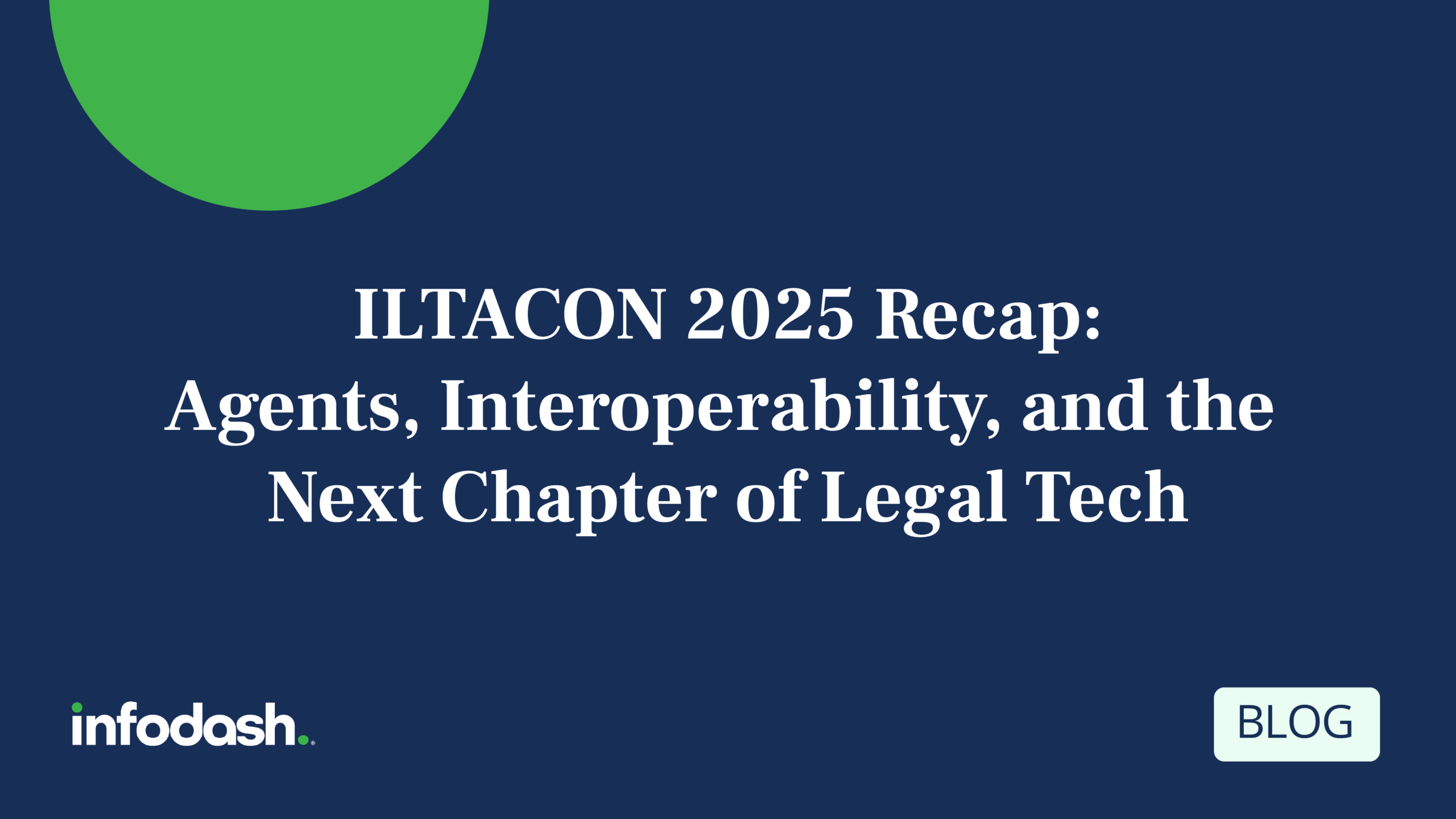
Agents, Interoperability, and the Next Chapter of Legal Tech
ILTACON 2025 felt different. Instead of endless hype about what might be possible, conversations focused on making legal tech actually work. Over four and a half days at the Gaylord National Resort in National Harbor, Maryland, roughly 4,600 legal operations leaders, technologists, knowledge managers and lawyers gathered to share what’s really working and debate what’s next.
The big shift? Conversations moved from “What can these shiny new tools do?” to “How do we actually make legal technology deliver real results?” The hot topics included:
- Task-oriented agents,
- Emerging interoperability standards,
- The urgent need to clean up messy data,
- Knowledge management making a comeback, and
- Factors that make or break adoption.
Infodash was there in full force. Our CEO, Ted Theodoropoulos, joined ILTA and Legal Innovation Spotlight to broadcast live interviews right from the show floor. He also found time to lead a KM roundtable. The rest of the team staffed a booth where people could actually see our brand new extranet platform in action.
This recap pulls together insights from Ted’s roundtable, our conversations on-site, the LinkedIn Live interviews, and dozens of sessions to show how the legal tech landscape is really evolving.
Want more? Check out our LinkedIn Live sessions on ILTA’s LinkedIn and sign up for the Infodash newsletter for deeper analysis and practical guides.
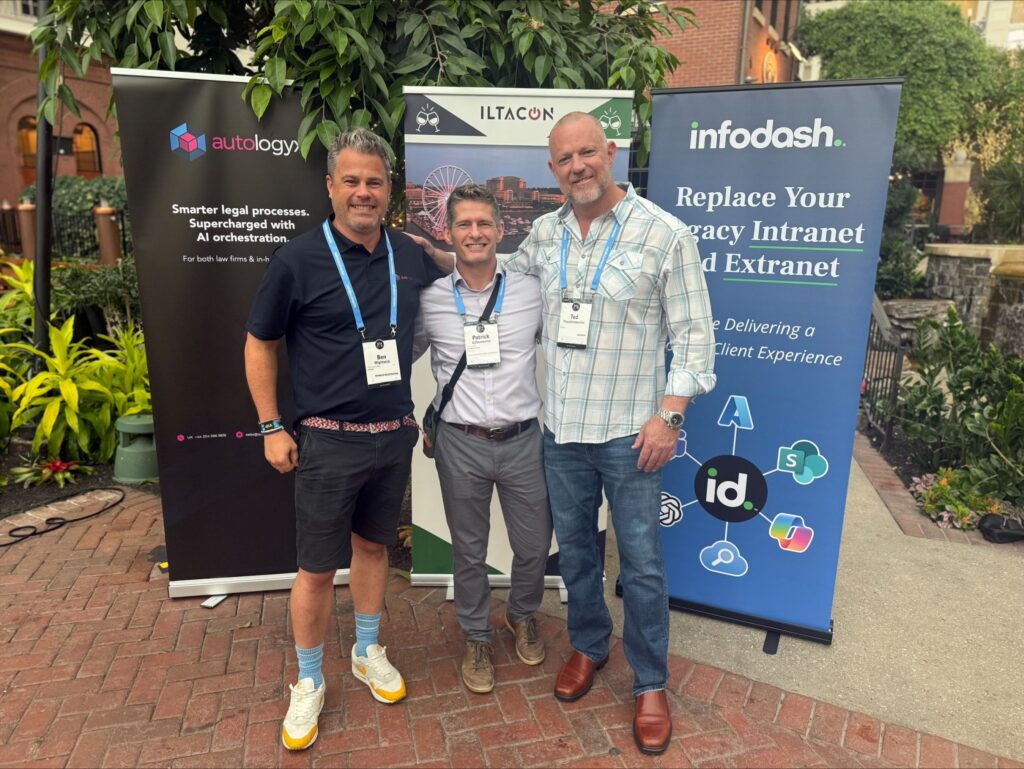
A Quick Primer on ILTACON
If you’ve never been to ILTACON, here’s what you need to know: it’s the biggest educational and networking conference for legal technology. The International Legal Technology Association runs it, and it’s built by peers for peers. You’ll find corporate legal departments, law firms, technology vendors, and consultants all mixing together. This year ran from August 10 to 14, 2025, with more than one hundred sessions covering everything from document management to pricing analytics to AI.
The real action happens beyond the formal sessions. The exhibit hall buzzes with demos, while meet-ups and roundtables create space for honest conversations about what’s working and what’s not.
We went big this year. Infodash CEO Ted Theodoropoulos teamed up with ILTA to do live interviews from the convention floor. The partnership showed our commitment to making legal innovation knowledge accessible and highlighted how community storytelling can complement conference programming.
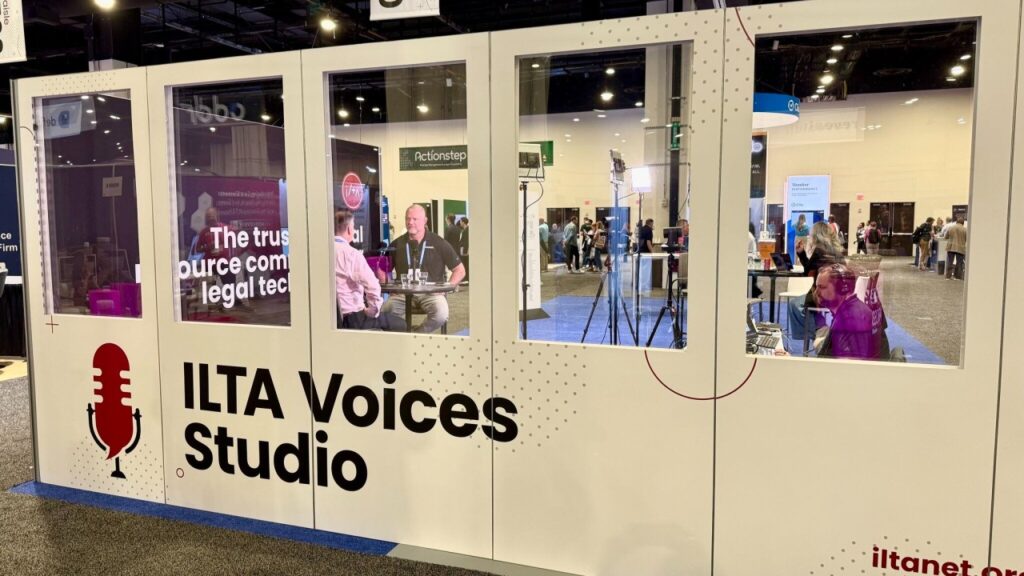
Data Hygiene and Search
Here’s something that came up again and again at ILTACON 2025: law firms’ data is a mess. During Ted’s KM roundtable, participants admitted what everyone knows but nobody wants to say out loud – inconsistent tagging, duplicate documents, and weak governance make it nearly impossible to find critical information.
Many firms spread content across OneDrive, SharePoint, Teams, and personal drives, fragmenting knowledge and making even powerful search tools useless. Version control falls apart when lawyers wait until matters close to move files into document-management systems. Attendees joked that chaos sometimes feels like security, but modern tools expose how vulnerable disorganized collections really are. Case in point: Microsoft Copilot can surface sensitive information from poorly organized data repositories.
The bottom line? Without clean, well-governed data, no search tool or AI system will give you reliable results.
If you’re building a legal tech strategy, take note: invest in metadata, deduplication, and consistent naming conventions before you layer on new tools. Overhauling data hygiene isn’t glamorous, but it’s essential. When documents are well organized, knowledge workers can confidently retrieve, reuse, and analyze information. Plus, AI systems will actually produce trustworthy outputs. This is the foundation that agentic workflows need to succeed.
We heard firm leaders describe how unified platforms help tackle this fragmentation problem. Infodash’s intranet and extranet are designed exactly for this – the platform surfaces matter records, billing summaries, documents, and contacts from SharePoint, Teams, document-management systems, CRM, and HR systems without forcing lawyers to switch apps.
By bringing data and workflow together in one hub, it cuts down on context switching and ensures metadata and search work across your entire legal tech stack. In practice, that means a lawyer researching a matter can see all related communications, documents, and billing information in one place. Better accuracy, faster results, and it reinforces why clean data matters.
Agents and Interoperability
Generative AI grabbed all the headlines last year, but ILTACON 2025 was all about task-oriented agents and platforms that actually talk to each other. Unlike general-purpose models that just generate text, agents can plan, reason, and call other applications to complete tasks. Law firms showed off pilots where agents draft first versions of contracts, triage intake requests, review documents against checklists, or pull information from multiple systems. These early deployments look promising, but everyone agreed that agents only create value when they can work seamlessly with the rest of your legal tech stack.
That’s where interoperability comes in. iManage announced support for new standards like the Model Context Protocol (MCP) that let different agents and applications plug into a common framework. Panelists urged firms to prioritize integration over flashy features. They shared cautionary tales about tools that created yet another silo because they lacked an open API or forced lawyers to navigate a separate interface.
Here’s the key insight: a cohesive ecosystem matters more than shiny features.
During exhibit-hall tours, we saw vendors demonstrate this philosophy in action. Providers like iManage emphasized responsible AI adoption built on secure content management and governance. Analytics specialists at NGAGE Intelligence showed tools that surface usage insights across SharePoint and Microsoft Teams, helping knowledge managers track activity and improve adoption. Consulting firms like Epiq hosted sessions on knowledge management and data governance, highlighting how modern legal tech stacks need to blend cloud services, document-management systems, and analytics. These examples reinforced that agents can’t succeed in isolation. They need integrated platforms and solid data foundations.
It’s still early days for agents. Many pilots remain in proof-of-concept stage, and some attendees expressed skepticism about vendor longevity. Others emphasized that agents aren’t replacements for human judgment. They’re force multipliers that free lawyers and staff to focus on high-value work. Even the most enthusiastic adopters warned that process redesign and user training are critical to avoid misuse or unrealistic expectations.
Our takeaway: agents, combined with interoperability standards, represent the next wave of legal tech innovation. But only if firms invest in the underlying architecture and change management.
Knowledge Management Returns to Center Stage
For years, knowledge management felt like a support function. Important but not strategic. But ILTACON 2025 revealed a dramatic shift. KM professionals are now at the heart of legal tech strategy.
Participants discussed how KM roles are evolving. Beyond simply filing documents, KM teams are becoming orchestrators of AI workflows. They design metadata taxonomies, ensure data quality, curate trusted content, and oversee AI system outputs. This shift means KM budgets need to grow. Rather than reducing headcount, AI requires skilled knowledge managers to maintain integrity and trust.
Another important point: POC fatigue is real. Knowledge managers are overwhelmed evaluating a constant stream of proof of concepts while still doing their day jobs. Meanwhile, vendor consolidation and rapid innovation mean some tools may be short-lived. The group concluded that firms should be more selective about piloting tools and should invest in durable knowledge systems that emphasize governance, not gadgets.
The key insight? Knowledge managers should be part of technology road-mapping meetings so their expertise informs architectural decisions. This involvement helps avoid mismatches between tools and data structures and ensures knowledge initiatives align with broader firm strategies.
From Pilots to Measurable Outcomes
One of the clearest messages at ILTACON 2025: experimentation isn’t enough anymore. Law firms and corporate legal departments want measurable business results. This means shorter cycle times, faster first drafts, fewer errors, and happier clients. Metrics like prompt volume or login counts are out. Dashboards tracking time savings, cost reductions, and client satisfaction are in. This shift has made project management way more important.
A panel called “Project Management: The Secret Edge to Strategic Planning” explored how proactive PMOs can help firms align projects with strategic goals. Instead of just reacting to requests, PMOs should use formal intake processes and prioritization frameworks like value matrices and feasibility scores to decide which projects move forward. Speakers warned that reactive PMOs often become overloaded, leading to resource shortages and inconsistent results. With AI exploding across law firms, capacity constraints mean you have to make tough choices.
Project managers at the session highlighted portfolio change management, i.e. a programmatic approach to change spanning multiple initiatives that ensures training and communications are reusable. They argued that change management isn’t a one-off exercise but an ongoing discipline.
Another theme: the importance of trust and culture. Reesa David of InOutsource and Cindy Fragliossi of Fried Frank explained that PMOs succeed when they build relationships with practice groups, act as translators for technology requirements, and foster collaboration. Without trust, even the best project plans fail.
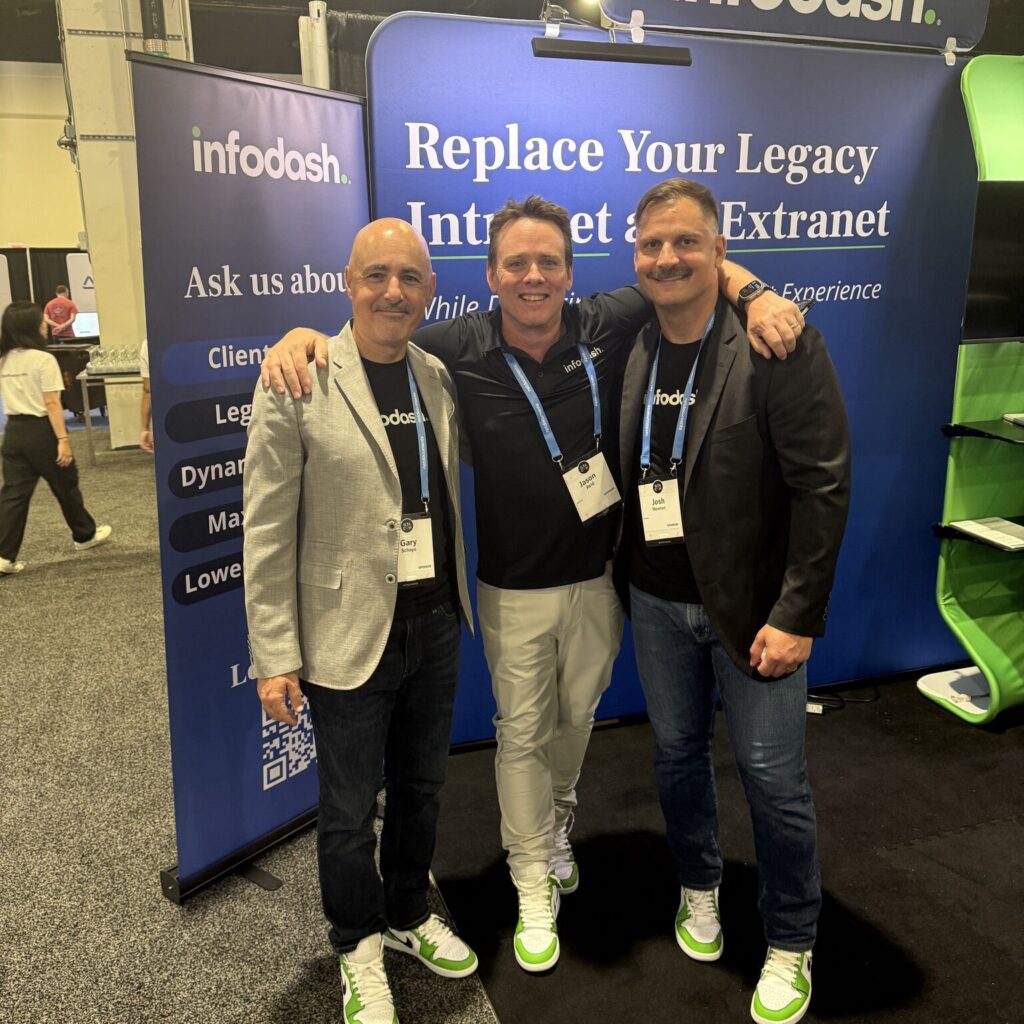
Human Factors, Ethics and Culture
Here’s the thing about technological change: it affects people. ILTACON 2025 devoted serious attention to ethics, digital skills, and change management. Sessions on AI governance, lawyer training, and alternative fee arrangements drew big crowds. Speakers stressed that technology adoption is as much about people and culture as it is about tools.
Several panelists advocated portfolio change management, where training, communication, and adoption plans extend across projects. Firms need to invest in digital literacy, teach teams to evaluate AI outputs critically, and establish ethical guidelines for using client data.
A lively debate on billing practices showed the human side of legal tech adoption. In a session called “Bill(AI)ble Hours: The Debate Continues,” speakers and attendees discussed alternative fee arrangements versus billable hours. AFA proponents argued that aligning fees to outcomes encourages innovation and gives junior lawyers opportunities to handle complex tasks. Skeptics worried that unpredictable work makes AFAs risky. The discussion showed how pricing models, compensation structures, and professional development must evolve alongside technology adoption.
What People Are Really Saying
Our presence at ILTACON let us hear unfiltered perspectives from practitioners and thought leaders. Matt Yezovich, our VP of Sales, observed that conversations have evolved. Last year, firms were just curious about AI. This year, many have partner-led committees dedicated to evaluating tools and running “bake-offs” to select vendors. Matt noted that attorneys are asking smarter questions about process integration and change management, indicating a more mature market.
The LegalTech Fund left ILTACON highlighting five practical impacts of legal technology:
- Automating administrative tasks
- Accelerating case analysis
- Expanding access to underserved clients
- Delivering content via emerging channels
- Lowering costs while increasing efficiency.
They argued that technology adoption delivers compounding advantages for firms willing to invest strategically. This perspective aligns with our experience: success depends not on novelty but on cumulative improvements across people, process, and platforms.
We heard other candid observations in hallways and at receptions. Some knowledge managers expressed skepticism about AI tool longevity, worried that vendors might disappear before pilot projects yield results. Others championed AI’s ability to free lawyers from drudgery, enabling them to focus on strategy, client relations, and advocacy. Everyone agreed that firms must prioritize data hygiene, integration, and training before chasing the next big thing.
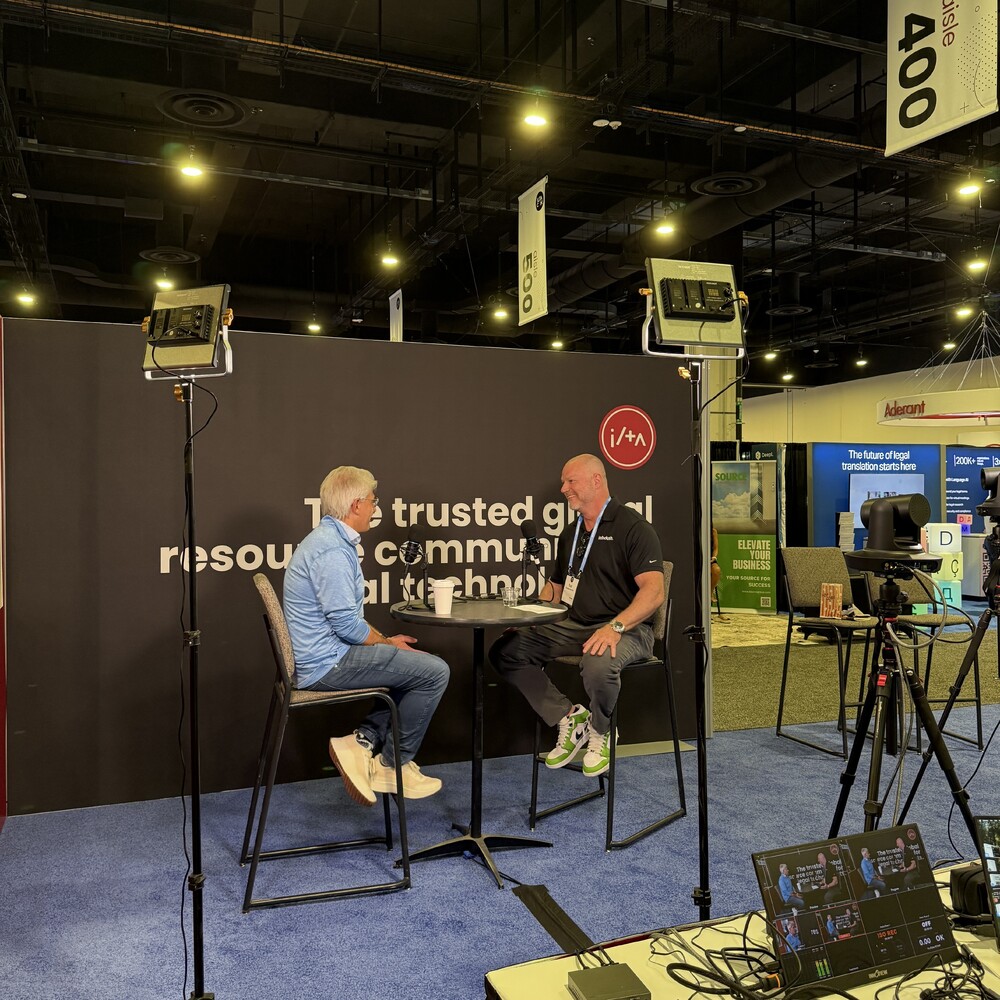
What’s Next for Legal Tech
ILTACON 2025 made it clear that legal technology is entering a new chapter. Over the next year, firms must turn pilots into production systems, measure outcomes, and integrate tools into everyday workflows. Data hygiene and knowledge management will underpin everything. Interoperability standards like the Model Context Protocol will determine whether agents can scale across platforms. Project managers will need to become strategists, using intake processes and value matrices to allocate scarce resources. And leaders must nurture digital literacy and ethical awareness across the organization.
From our perspective at Infodash, the conference validated our vision: legal tech innovation isn’t about a single technology. It’s about weaving together clean data, robust knowledge processes, interoperable systems, project-management discipline, and a culture of continuous learning. Our platform reflects this philosophy. Built on Microsoft 365, it acts as an integration hub that unifies SharePoint, Teams, document-management systems, billing software, CRM, and HR data into one secure intranet and/or extranet. Lawyers and staff can surface matter details, billing summaries, or client contacts without jumping between apps, reinforcing that integration and data quality go hand in hand.
A notable example came from the keynote delivered by Reena SenGupta, a longtime industry analyst. She challenged the legal industry to reimagine law firms as living organisms rather than mechanical systems, encouraging professionals to adopt data-enhanced judgment and predictive tools. Her call to view law firms as interconnected networks underscored the importance of integration and sustainability in legal services.
Building the Next Chapter
At its core, ILTACON 2025 showed that the legal industry is ready to move beyond hype. The excitement about AI has driven investment, but the real work now lies in operationalizing technology and aligning it with firm-wide goals.
Here’s what needs to happen:
- Data hygiene and knowledge management must become priorities.
- Agents and interoperability offer a promising path forward.
- Project management and metrics will separate successful initiatives from experiments.
- Your firm’s culture will determine whether technology adoption sticks.
Infodash is committed to helping the legal community navigate this transition. We believe the next chapter of legal tech will be written not by the loudest hype, but by the firms that clean up their data, align their teams, and invest in integrated solutions that deliver measurable value.
Subscribe for Updates


